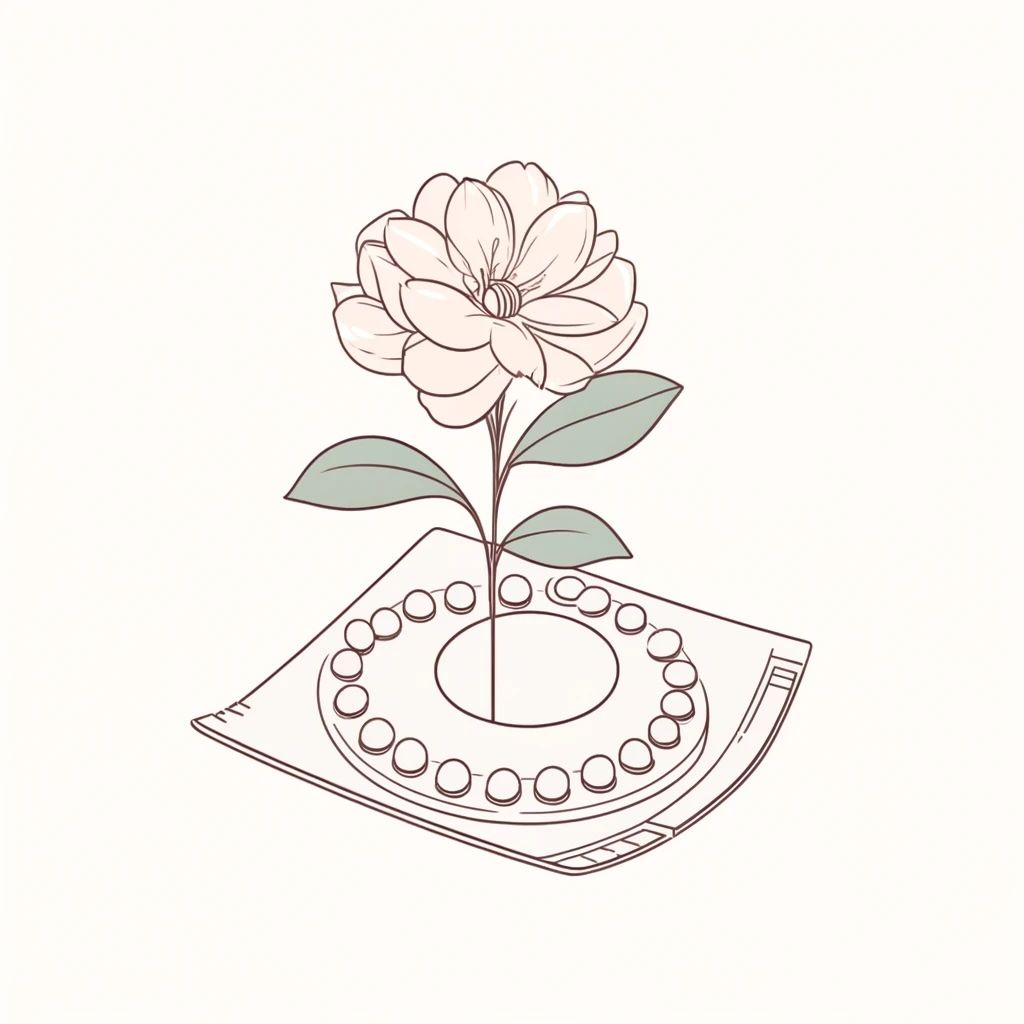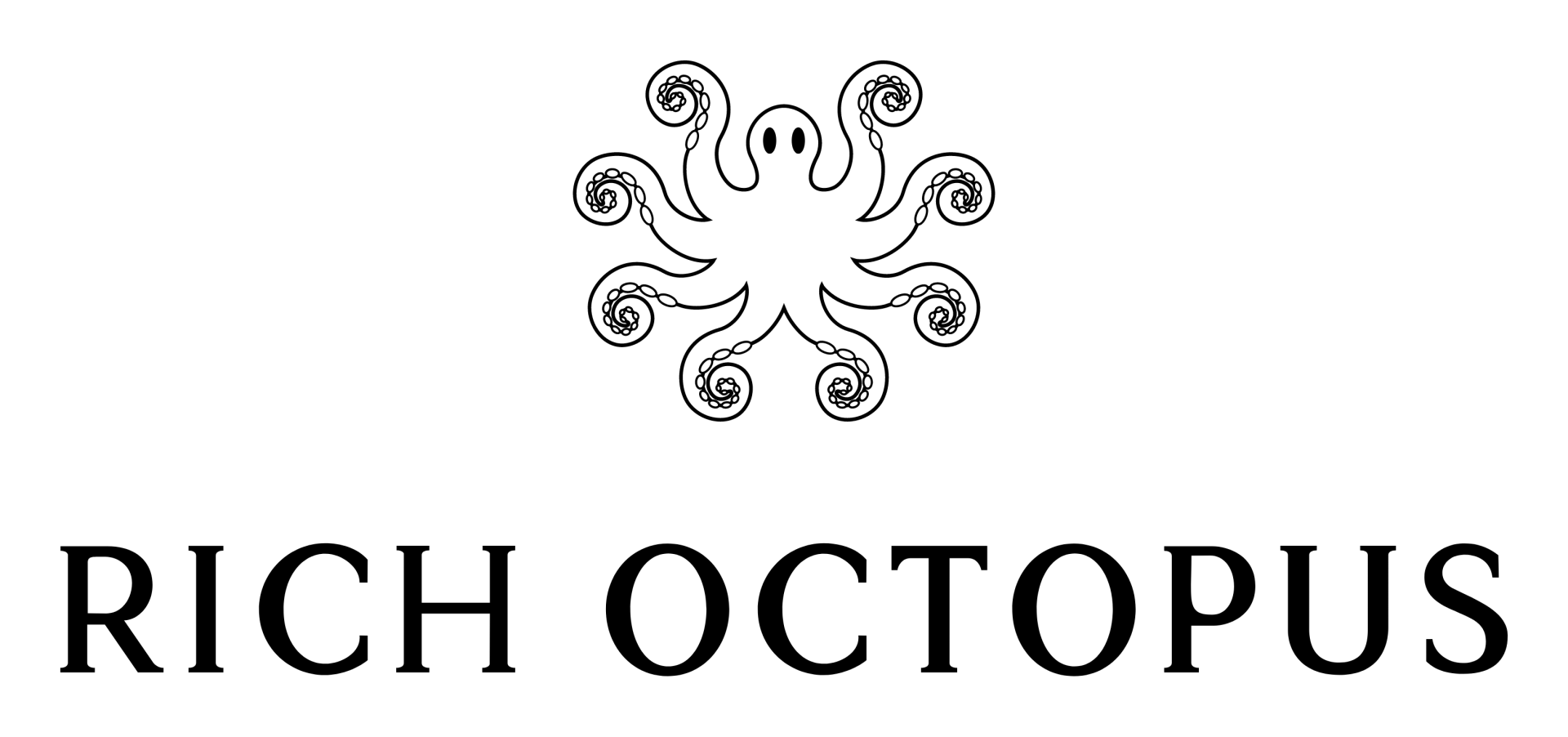Breaking Free from a Toxic Work Environment: My Journey to Resignation

Takeaways
- Recognize the distinction between feeling and having feelings
- Calm your mind and choose an empowered mindset:
- Embrace decisiveness and take ownership of your life:
- Prioritize self-growth and well-being:
- Recognize that your worth isn't determined solely by external validation:
- Reflect on your growth and take pride in your achievements
Action Items That May Help You If You Are Considering A Career Change
- Practice mindfulness techniques such as meditation or deep breathing to cultivate self-awareness and emotional resilience.
- Reflect on your values, goals, and priorities to align your decisions with what truly matters to you. Trust in your own judgment and take responsibility for shaping your life.
- Continuously invest in personal and professional development, whether through therapy, workshops, or self-reflection, to foster growth and ensure a healthier work-life balance.
- Cultivate self-compassion and build a strong sense of self-worth based on your own values and achievements rather than seeking validation from others.
- Journal or engage in self-reflection to track your progress and celebrate milestones, fostering a positive outlook and self-appreciation.
Deciding to resign from a job is never easy, especially when you don't have another job lined up. However, I consider resignation as an opportunity for growth and if you’re fortunate, a career milestone. It takes courage to closely examine your life and to choose yourself over your work, especially if the job is lucrative. But if you continue to have a growth mindset and trust yourself in your ability to succeed, it becomes an easy choice to leave behind the scarcity mindset and prioritize your mental health over your bank account.
Most recently, I received my first-ever underperformance year-end review followed by a series of critical feedback indicating I was continuously not performing at my level. I had been at my job for over 2 years, and during my tenure, my leadership had changed 3 times. During a recent changeover, I made some political missteps that led me to take on projects that did not push the needle forward and had more subjective milestones. Our new leadership took issue that my projects did not appear successful. I was given limited feedback on how to improve. so I took responsibility for my areas of growth and sought to be better at storytelling and providing proactive communication. However, as I progressed toward my goals, the comments I received began to escalate from cursory to what seemed like an attempt to build a case for firing me. I was told I was putting in too much effort and then at a follow-up, not enough. They also warned that I would be put on a pre-pip (performance improvement plan). I internally went on an emotional rollercoaster that had me questioning my abilities and my understanding of my worth. Thankfully, after much reflection through therapy and self-meditation, I have concluded that my value was not being recognized or utilized, and it was time to move on. The leadership at my job changed. They were purposefully creating an atmosphere that made it difficult for me to grow and improve, and it quickly became toxic for me.
There are a few things that decided to resign so difficult. However, these challenges often go beyond the nature of the job, your boss, or your financial situation. It's about your ability to recognize a toxic environment and create the space to move on. And once you make that decision, it’s about finding the courage to close one door and manifest new opportunities for growth and fulfillment. Ultimately, the resolution, clarity, and path forward lie in your willingness to let go of what no longer serves you and embrace the possibilities of a brighter future. Here are three critical things to do when faced with a difficult career or general life decision:
1. Being able to distinguish between feeling and having feelings.
The feeling is an intuitive input telling me something was off about my work environment, which had become more anxious, stressful, and unrewarding. I had some speculations but couldn't put my finger on it. On the other hand, having feelings is the internal frenzy of high levels of shame and anger, extreme thoughts, and fluctuating moods. Generally, having feelings is an emotional reaction not proportional to the event. The best course of action is to allow the storm to pass through your body. That required me to take a moment to be mindful, go inward, and get grounded before making any decisions or engaging with external elements (such as my partner, co-workers, etc.).
2. Being able to slow down your brain.
My brain swung from scarcity to an abundance mindset, heavily leaning into the guilt of quitting or the shame of not having a job because of my own doing. I was overwhelmed and desperately wanted to sit passively, waiting for this to resolve itself and whatever would happen. However, when I swung towards abundance, I had the courage to stand up for myself, believing it would work out. I trusted myself to make great decisions for my future self, knowing that I was the creator of my life. It was exhausting going back and forth, but I minimized the pendulum swings by meditating and praying about it. I calmed my racing mind, stopped the ruminations, and actively chose the path of courage and abundance. I didn't let shame and guilt win. I fought for myself and what I deserved because I knew I was worth it.
3. Being able to be decisive and choose your adventure.
There is a conscious or unconscious desire to outsource the decision-making process and find validation in other people. I often find myself going to my partner with the intention of informing and consulting him of my decisions, only looking to him to quickly seek the right answer so that the decision can be made for me. I was torn between the limited assessment that if I resign I am either a quitter and lazy or I am taking back control of a bad situation. I wanted so badly not to be wrong that I lost sight of reality. This is my life, and I need to embrace my truth: This is a bet that I am taking on myself, and sometimes the "payout" or the confirmation that I have made the right choice for myself won't show up until weeks, months, or years after the decision has been made. I have to believe that no matter what outcome in these life decision-making moments, big or small, I can set my future self up for my definition of success.
I'm proud of this growth moment and excited to have this simple and meaningful skill of taking ownership of my life. This career milestone achievement was a good reminder that the answers are within me and not the external validations I was seeking from my partner, my friends, my job, etc. To get to those answers, I had to do the work of checking in with myself and identifying if I was getting intuitive input. I separated it from the rush of emotional responses. I took ownership of assessing my situation and had the courage to bet on myself, believing that I was worth betting on. I pushed through the negativity, developed an intelligent plan, and implemented it flawlessly. Learning, growing, and being a steward of my life is the most important full-time job I have.
In the end, resigning from my job was the right decision because it allowed me to prioritize my value and take ownership of my life. It wasn't easy, but it was necessary, and I have no regrets.




